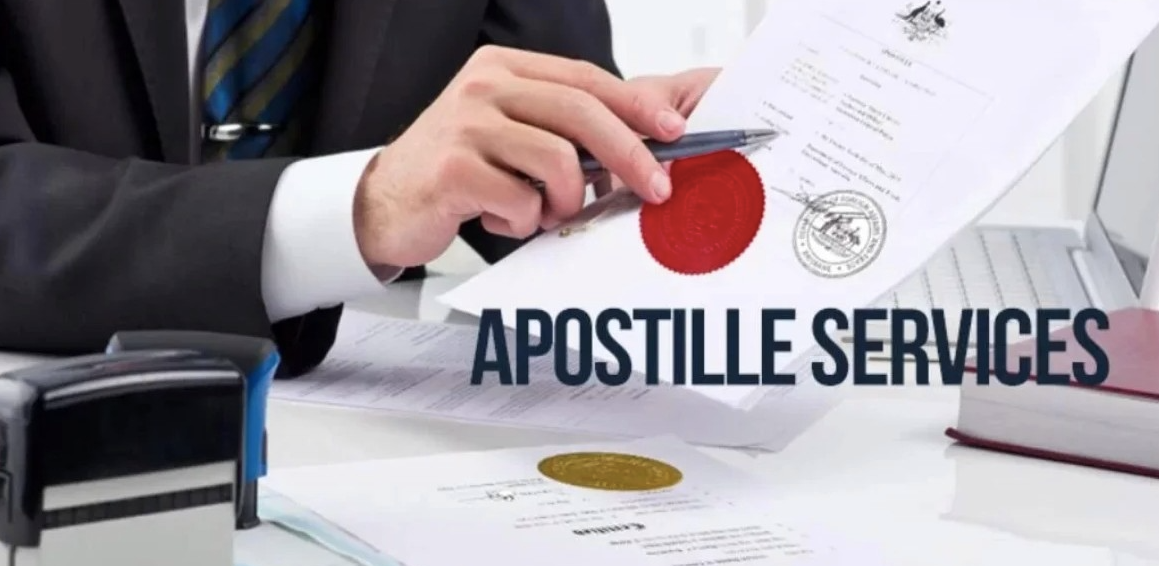Relied On Apostille Solutions in Houston, Texas - Quick Turnaround
Relied On Apostille Solutions in Houston, Texas - Quick Turnaround
Blog Article
Exploring the Reasons Behind the Compulsory Need of Apostille Certification for Legal Papers
In the realm of lawful documents, the mandatory requirement of apostille certification has actually come to be a vital element that substantially affects the credibility and recognition of legal documents on an international scale. Understanding the reasoning behind this need includes delving into the intricate web of legal complexities, historic precedents, and global agreements that emphasize the value of apostille accreditation in today's interconnected globe. By checking out the underlying reasons behind this widespread need, a clearer picture arises of why this seemingly governmental process holds such tremendous relevance for companies, individuals, and governments alike.
Historical Advancement of Apostille Accreditation
Just how did the idea of apostille certification advance gradually to become an essential component of international paper validation? The historic advancement of apostille qualification dates back to the very early 20th century. The requirement for a streamlined approach of verifying records for use throughout borders emerged as worldwide trade and travel enhanced. In response to this need, the Hague Seminar on Personal International Regulation introduced the Apostille Convention in 1961. This worldwide treaty developed a streamlined procedure for licensing the credibility of files to be acknowledged in member nations.
Originally taken on by a couple of European nations, the Apostille Convention gradually acquired worldwide approval as a result of its efficiency and effectiveness in confirming the legitimacy of official papers. Throughout the years, the convention's reach increased as even more nations signed up with, identifying the apostille as a widely accepted form of document authentication. Today, apostille certification has ended up being a standard requirement for validating legal papers in international purchases, ensuring smooth interaction and lawful procedures in between countries.
Simplifying International File Legalisation
The streamlining of international record legalization treatments has actually considerably boosted efficiency in cross-border deals. Streamlining the procedure of legalizing papers for global use has ended up being essential in assisting in swift and smooth deals in between countries. One of the crucial devices that have actually contributed to this simplification is the adoption of the Apostille Convention, which supplies a standard method for confirming the credibility of papers throughout participating nations.
By adhering to the Apostille demands, nations accept identify each various other's public documents as valid without the need for additional legalization. This gets rid of the typically troublesome and prolonged procedure of several verifications by various authorities, conserving time and sources for people and organizations involved in global tasks.

Guaranteeing File Authenticity and Legitimacy
To guarantee the credibility and validity of lawful records in international transactions, rigid verification processes are essential. By requiring apostille qualification for legal documents, authorities intend to validate the origin of papers and validate the signatures of people involved.
In addition, validating the credibility of legal files through apostille qualification improves trust fund and self-confidence among celebrations engaging in international transactions. Inevitably, by supporting stringent verification criteria, apostille qualification contributes to a more safe and secure and transparent global lawful framework.

Promoting Cross-Border Legal Acknowledgment
In this content the realm of international transactions, the apostille qualification not just makes sure the authenticity and validity of lawful files yet additionally plays an essential function in assisting in cross-border legal recognition (Houston Apostille). When lawful papers bear an apostille certification, they are easily accepted by international authorities without the demand for additional verification. This structured process expedites the acknowledgment of papers in different nations, promoting effectiveness and reducing governmental obstacles in legal issues that transcend nationwide limits
Helping with cross-border lawful acknowledgment through apostille accreditation cultivates trust and self-confidence in the authenticity of files traded in between nations. By sticking to the standards set forth by the Apostille Convention, nations agree to honor the apostille seals affixed to files from various other participant nations, hence streamlining the process of legal recognition across boundaries.
Conformity With International Treaty Standards
Conformity with global treaty requirements is important for ensuring the consistent application of lawful policies throughout getting involved countries. The Apostille Convention, developed in 1961, describes the requirements for the approval of public papers among member nations.
The Apostille certification, as mandated by the treaty, functions as a warranty of authenticity for documents such as birth certifications, marriage licenses, court judgments, and notarized deeds. This standard technique helps protect against fraud and ensures that lawful documents stemming from one member country are easily accepted in an additional. Additionally, by following global treaty requirements, nations show their commitment to maintaining the principles of openness, trust, and collaboration in lawful matters on an international scale.
Final Thought

In the world of lawful documentation, the necessary need of apostille certification has ended up being an essential aspect that substantially influences the validity and recognition of legal documents on a global range. Today, apostille certification has become a conventional need for validating legal documents in worldwide purchases, making certain smooth communication check this and legal proceedings between nations.
Furthermore, confirming the credibility of lawful papers via apostille qualification boosts trust fund and self-confidence amongst events involving in global transactions.In the realm of global purchases, the apostille qualification not just makes certain the credibility and credibility of lawful files but also plays a critical role in facilitating cross-border legal acknowledgment. By sticking to the requirements set forth by the Apostille Convention, nations concur to recognize the apostille seals affixed to files from other participant countries, thus streamlining the procedure of legal recognition throughout borders.
Report this page